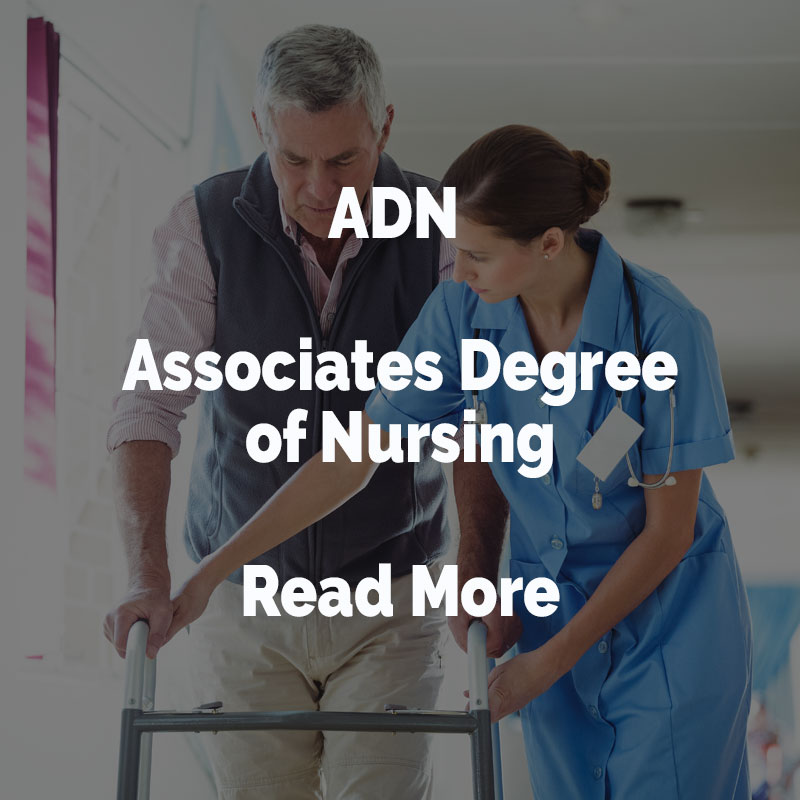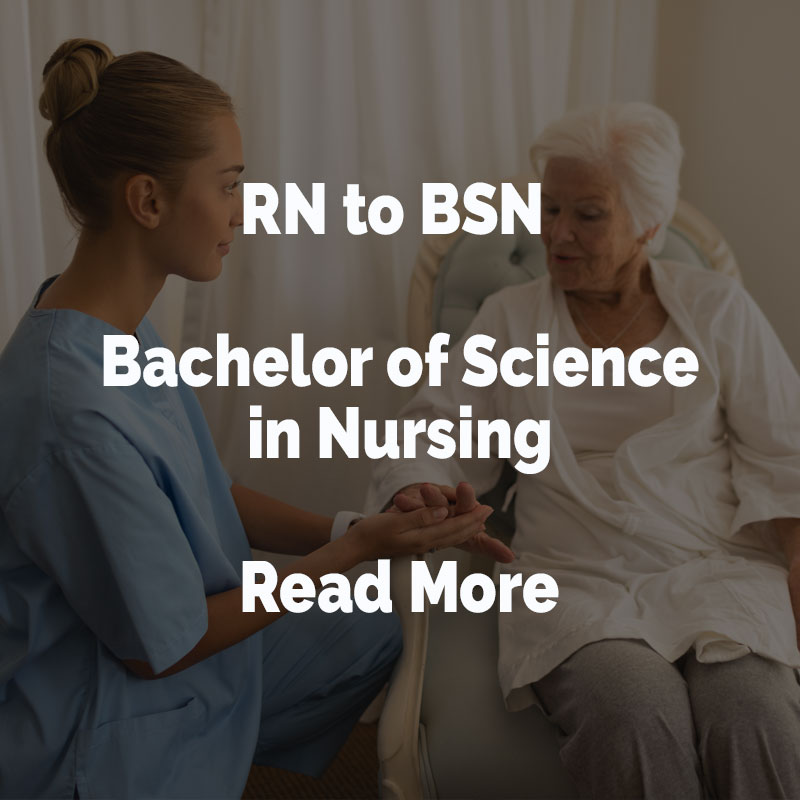Answer Your Calling to Care for Others
Learn How to Become a Nurse from Our Accredited Programs and Educator’s Real-World Experience
 Answer Your Calling to Care for Others
Answer Your Calling to Care for Others
Learn How to Become a Nurse from Our Accredited Programs and Educator’s Real-World Experience
Congratulations on your decision to enter the rewarding career of nursing. California Career College is excited to guide you on your journey of becoming a nurse through our various educational programs.
All programs are designed for working students as we offer flexible schedules, including a 3-day-a-week program.
Join the In-Demand Field of Nursing
Nursing is filled with many opportunities and rewards, with virtually no boundaries. Working as a nurse, you will be helping to make the world a little healthier, safer, and, better. The demand for nurses has grown in recent years and is expected to grow even further as many continue to retire from the field.
Nursing Offers Many Careers in Medicine
As a graduate of CCC’s programs, you will be able to work in a variety of practice settings, including hospitals, long-term care facilities, community and public health agencies, classrooms, laboratories, independent practice, ambulatory care centers, US Public Health Services, military medical services, Veterans Administration Medical Centers or any setting where people need health care services. California Career College has graduated thousands of nurses since opening in 2001. Our education stands out from other programs as we focus on setting students up for successful careers.


Nursing Offers Many Careers in Medicine
As a graduate of CCC’s programs, you will be able to work in a variety of practice settings, including hospitals, long-term care facilities, community and public health agencies, classrooms, laboratories, independent practice, ambulatory care centers, US Public Health Services, military medical services, Veterans Administration Medical Centers or any setting where people need health care services. California Career College has graduated thousands of nurses since opening in 2001. Our education stands out from other programs as we focus on setting students up for successful careers.
Making Nursing Education Affordable for Everyone
California Career College is an accredited nursing school and is proud to offer financial aid to our students, helping to make their dream careers a reality. California Career College provides unmatched support to students looking to receive financial aid. Click here for more information on our fancial assistance programs.

Take the Next Step – Apply Today
Your career in nursing is waiting! Apply today for the program that is right for you. Our staff is excited to help you in your journey of starting your career in nursing.


